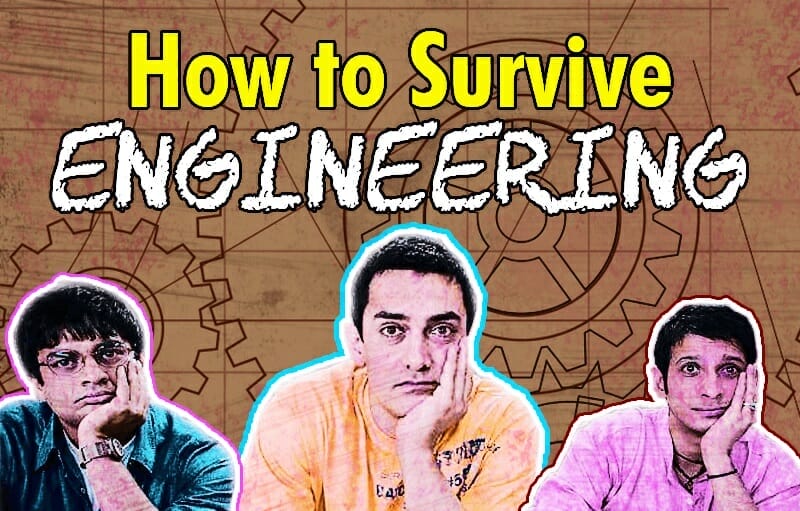Guide to Writing an Analytical Essay. Would you pay for the essay? Or just on your own?
An analytical essay is a typical writing assignment for college students. The idea of such an essay is to present a particular argument and analyze it. A student can write about anything starting from scientific research and up to a famous still-life painting. In this article, one will learn about an analytical essay’s structure and some handy tips on writing such a paper. A student can use a pay-for-essay type of paper helper for these purposes or write about anything starting from scientific research.

Create an outline first
An outline is critical for any paper. If a student wonders, ‘how can I write paper so that it is perfect?’, he or she should start with the work’s outline. An excellent essay outline is, actually, half the battle. Learners should consider all the critical aspects they would like to include in their analytical essay while writing the plan. At this stage, they will also write a thesis statement that will drive the entire paper. An outline helps to stick to the structure, make the essay more logical and well organized.
Analytical essay structure
Analytical essays consist of an introduction, main body paragraphs, and a conclusion. Below, one will find some more information on every part.
Introduction
The first sentence of an introductory part should be catchy and attract the attention of a reader. Any college paper requires a hook that will interest readers so that they want to continue reading. After this, one needs to set up the topic, share some information, however, without going into further details. The last sentence is a thesis statement. Thus, the structure will be as follows:
- The hook
- Several sentences that tell about the issue
- The thesis
Body paragraphs
The main body consists of several paragraphs. Most students write a minimum of three paragraphs. The body is the paper’s essence, and every paragraph should cover different points of the analysis. Here is the structure of every body paragraph:
- A sentence that introduces a reader to the paragraph’s topic.
- Analysis of the issue.
- Evidence to back up every claim in the essay.
- Close the paragraph with a concluding restatement of the analyzed problem.
Conclusion
The conclusion summarizes the major points of a student’s analysis and includes a paraphrased thesis statement. It is vital not to put any new information regarding the essay topic. Here is a conclusion’s structure:
- Paraphrased thesis statement
- Summary of the main points of the analysis
- Final thoughts
5 tips to craft an excellent essay
The following tips will help students to complete an analytical essay that deserves the highest mark.
Find the topic that is interesting
Sometimes teachers assign a topic to students; however, if one chooses the theme independently, this tip can help one. First and foremost, it is vital to consider relatively narrow topics. If a student takes a broad topic, it will be hard to analyze it. How to understand that a chosen topic is, indeed, a suitable theme for the paper? It is simple: if one spends hours finding the sources, one should continue looking for a better topic. Note that a too narrow issue presupposes a few references as well.
Create a powerful thesis
A thesis statement cannot be unclear or ambiguous. It is the central sentence of the analytical essay. The task is to write a sentence that will explain the main point of the paper. In other words, a reader must understand the topic of the paper and what the author is going to analyze. It would help if one spends some time thinking about an accurate thesis statement. Every paragraph of the main body must refer to this lead sentence.
Research to create an outline
While the essay writing starts from the outline creation, the first thing to do is research, though. A student will need to collect diverse sources of information to have an idea of what to include in the analytical essay. Some students prefer to list ideas on the topic and only then search for supporting material.
A student must consider how many points he or she would like to use for the paper — this will be the number of the paper’s primary sources. There should be some secondary sources as well. Every paragraph in the essay should present one point. Correspondingly, there will be one primary source per paragraph and a few secondary ones.
When researching, it is essential to pay attention to credible sources only. These can be some books, movies or compositions, maps, pieces of art, and so on. Namely, such a source directly deals with the subject matter of the essay. The only essential rule here is to omit doubtful references with poor quality.
Conventions to consider
Talking about conventions, one should consider grammar, correct spelling structure, punctuation, and also spelling. If one has mistakes in the essay, the chances are high that readers will doubt the author’s credibility.
A student can have an excellent essay; however, several grammatical mistakes can level down the mark significantly. A simple way to avoid such a situation is to double-check the work. Another way is to use some online grammar checkers to make sure that everything is fine. Some other recommendations are as follows:
- Even though it is hard sometimes, however, one should not use passive voice.
- When writing an analytical paper, consider using the present tense.
- The analytical type of an essay requires the use of an objective tone. Thus, it would help if a student did not write from the first-person point of view.
- Mind the vocabulary and avoid using informal language. It means that there should be no slang or colloquialism in the paper.
- Just as in the case with any essay, one must not use short forms in the work. Therefore, omit contractions or such short forms as e.g. or etc.
Put it all together
Having all the tips and a flawless outline before eyes, one can put it all together. Pay attention to the structure of the work in general and every paragraph in particular. So, there are three sections: introduction, body, and conclusion. One should make sure that the thesis statement is present throughout the essay. In other words, it is essential to check if all the paragraphs refer to the central sentence of the work. When the paper is ready, one must revise it properly. That is all for an analytical essay!











